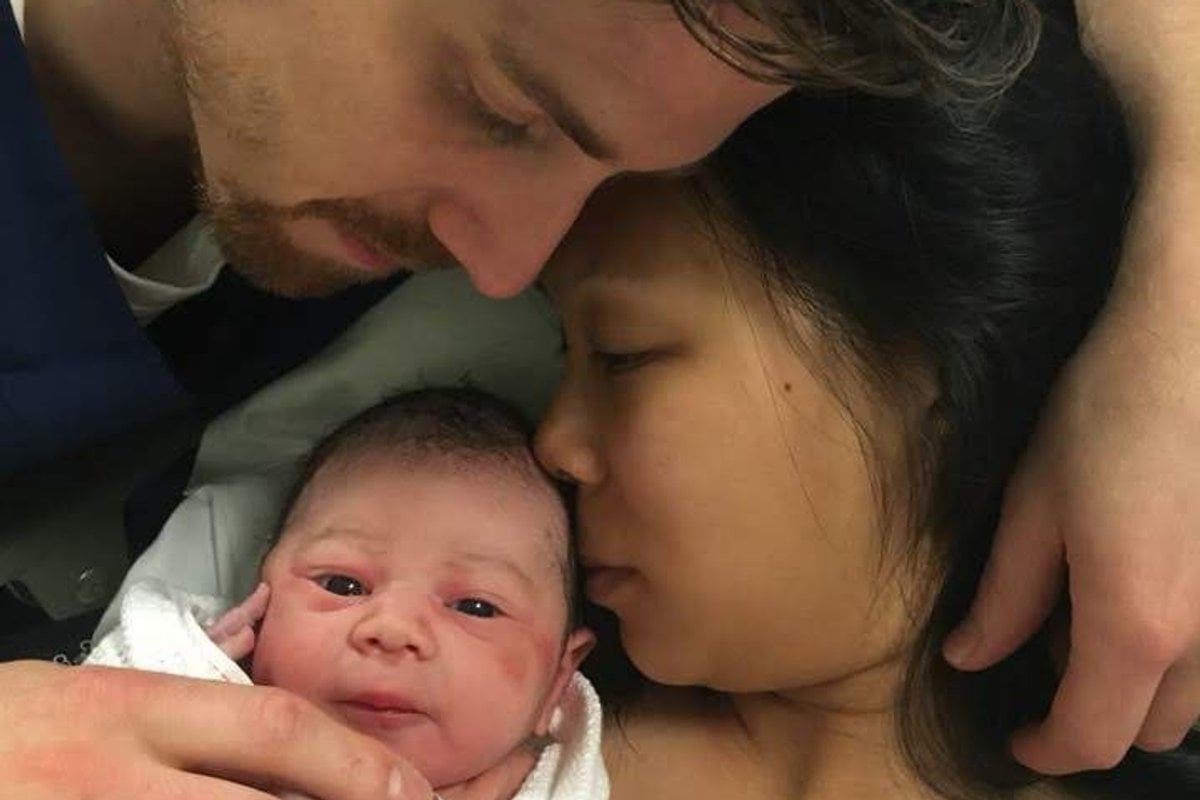
This post deals with postnatal depression and might be triggering for some readers.
I wasn’t exactly looking forward to my baby’s birth, but I didn’t think about it too much. I knew there would be pain, of course, but apart from that we weren’t particularly worried as we trusted that the hospital would know what to do. Looking back, maybe I pushed any negative thoughts away and tried to ignore the possibility that something could go wrong.
At around 40 weeks I was getting uncomfortable but there was still no sign of the baby coming. My husband and I drove to the hospital for what we thought was just another regular check, expecting to be home later that day.
They started doing some tests, and then they hesitated, because they found I was losing fluid, and that the baby was coming and we needed to get things moving. I was admitted to the hospital – lucky we had our bags packed and ready in the car because we’d been told that the baby could come at any time.
We got a room overnight and my husband could stay. I wasn’t dilated at all, so they had to insert this thing inside me, which was meant to manually open things up. I couldn’t sleep so I was awake all of that first night.
The next afternoon they found zero dilation and we were back to square one. I felt cheated of time – instead of being home where I might have been somewhat comfortable, I had spent the past 24 hours waiting in a hospital bed. We eventually got moved into a birthing suite, and they started the IV hormone induction. That was meant to get the labour started. But I found out later that that doesn’t really work unless your waters have broken, and mine hadn’t at that stage, so they proceeded to manually break my waters. We trusted that it worked.




























































































